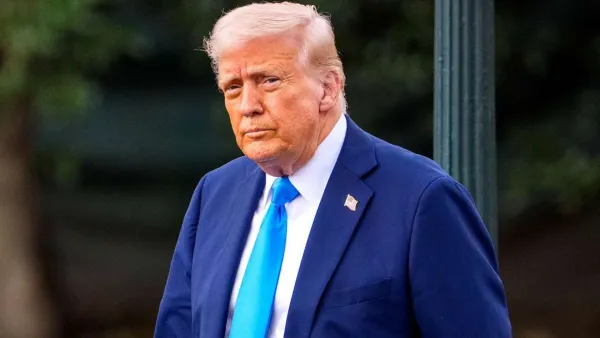
The Trump administration is reportedly set to enforce mandatory social media screening for all foreign students applying to study in the United States. As a result, U.S. embassies and consular offices have paused scheduling new student visa interviews, according to a Politico report.
According to a cable obtained by Politico, consular offices were instructed, “Effective immediately, in preparation for an expansion of required social media screening and vetting, consular sections should not add any additional student or exchange visitor (F, M, and J) visa appointment capacity until further guidance is issued septel…”
The directive was dated Tuesday and was reportedly signed by Secretary of State Marco Rubio. So far, spokespeople for the State Department have not commented, and NAFSA: Association of International Educators has also withheld immediate response, according to Politico.
The new visa screening measures represent a significant escalation in security protocols and could severely slow the student visa process. Experts suggest this move might discourage prospective international students from applying to U.S. institutions.
American universities, especially those dependent on international student tuition, could face financial challenges if visa approvals are delayed or declined.
Previous instances of social media vetting under the Trump administration have disproportionately focused on returning students who took part in protests, particularly those critical of Israel’s military actions in Gaza.
The current directive does not specify what content will be scrutinized but cites executive orders linked to counterterrorism and efforts to fight antisemitism.
This new policy appears to be part of a broader campaign targeting elite academic institutions. Universities like Harvard have been accused by the administration of harboring antisemitic views and promoting liberal ideologies.
The expansion of social media screening for student visas is consistent with the Trump administration’s wider immigration agenda. These policies have already impacted several foreign students trying to enter the country.
So far, no detailed criteria have been disclosed regarding what social media activity may disqualify a student visa applicant. However, the policy underscores a growing effort by the administration to use immigration and visa tools to influence higher education institutions in the U.S.